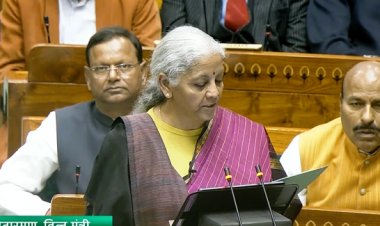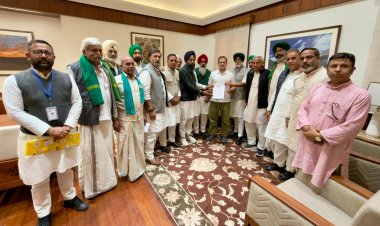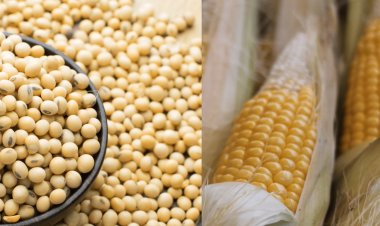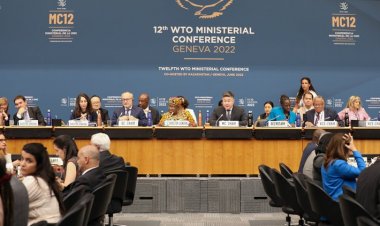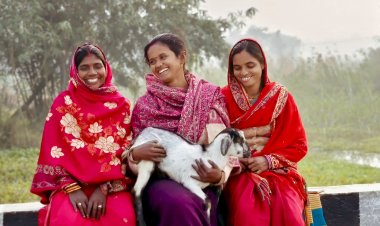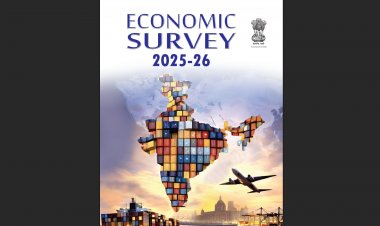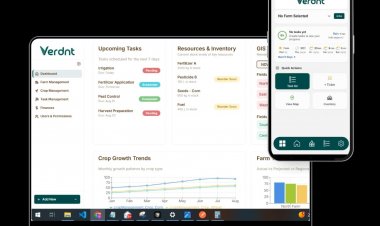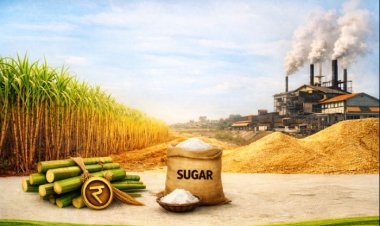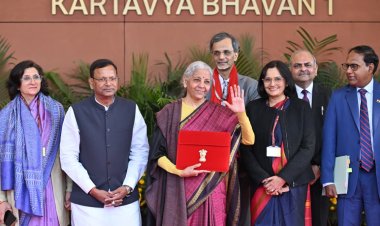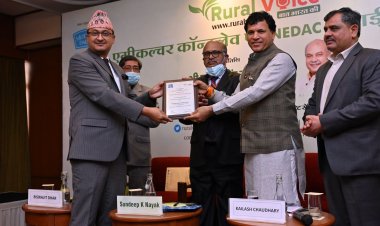Government hikes price of ethanol for blending in petrol; ISMA welcomes decision, but says it's not enough
The Cabinet Committee on Economic Affairs (CCEA), headed by Prime Minister Narendra Modi, raised the price of ethanol extracted from sugarcane juice to Rs 65.60 per litre from the current Rs 63.45 per litre for the supply year beginning December 2022. The rate for ethanol from C-heavy molasses has been increased to Rs 49.40 per litre from Rs 46.66 per litre currently, and that of ethanol from B-heavy to Rs 60.73 per litre from Rs 59.08 per litre
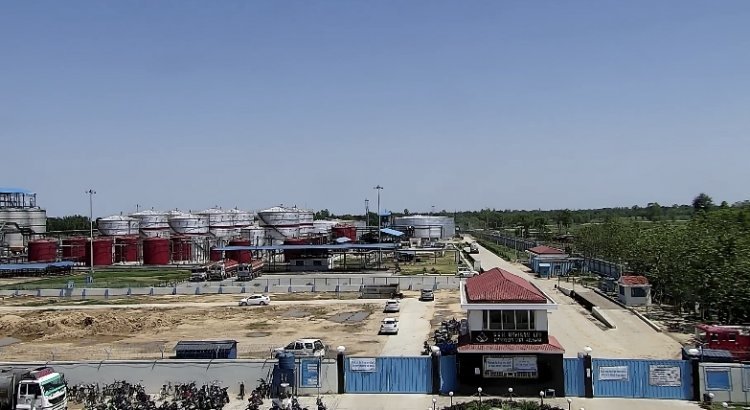
The government on Wednesday hiked the price of ethanol used for blending in petrol, as it advanced the target for selling 20% ethanol blended petrol (EBP) by about five years from the earlier deadline of 2030.
The Indian Sugar Mills Association welcomed the decision but said is not enough to drive additional investments in new capacity building.
The Cabinet Committee on Economic Affairs (CCEA), headed by Prime Minister Narendra Modi, raised the price of ethanol extracted from sugarcane juice to Rs 65.60 per litre from the current Rs 63.45 per litre for the supply year beginning December 2022. The rate for ethanol from C-heavy molasses has been increased to Rs 49.40 per litre from Rs 46.66 per litre currently, and that of ethanol from B-heavy to Rs 60.73 per litre from Rs 59.08 per litre.
“The Cabinet Committee on Economic Affairs chaired by Prime Minister Narendra Modi has approved higher ethanol price derived from different sugarcane based raw materials under the EBP (Ethanol Blended Petrol) programme for the forthcoming sugar season 2022-23 during ESY 2022-23 from 1 December 2022 to 31 October, 2023," said an official release.
All distilleries will be able to take benefit of the scheme and a large number of them are expected to supply ethanol for the EBP programme.
Remunerative price to ethanol suppliers will help in early payment to cane farmers, in the process contributing to minimize difficulty of sugarcane farmers.
Under the Ethanol Blended Petrol (EBP) Programme, OMCs sell petrol blended with ethanol up to 10%. This programme has been extended to the whole of India except Union Territories of Andaman Nicobar and Lakshadweep islands with effect from 1 April, 2019 to promote the use of alternative and environment friendly fuels. This intervention also seeks to reduce import dependence for energy requirements and give a boost to the agriculture sector.
“Government has notified the administered price of ethanol since 2014. For the first time during 2018, the differential price of ethanol based on feed stock utilized for ethanol production was announced by the Government. These decisions have significantly improved the supply of ethanol, consequently ethanol procurement by Public Sector OMCs has increased from 38 crore litre in Ethanol Supply Year 2013-14 (ESY - currently defined as ethanol supply period from 1 December of a year to 30 November of the following year) to contracts of over 452 crore litre in ongoing ESY 2021-22," the release said.
The target of achieving average 10% blending has been met in June, 2022, much ahead of the target date of November, 2022. The government has advanced the target of 20% ethanol blending in petrol from earlier 2030 to ESY 2025-26 and a “Roadmap for ethanol blending in India 2020-25" has been put in public domain.
“Other recent enablers include: enhancement of ethanol distillation capacity to 923 crore litre per annum; Long Term Off-take Agreements (LTOAs) to encourage setting up of 431 crore litre per annum capacity of Dedicated Ethanol Plants (DEPs) in ethanol deficit States by private players which is expected to bring in investments of Rs.25,000-Rs.30,000 crores in coming years; multimodal transportation of ethanol and ethanol blended petrol by railways and pipelines," the release added.
Sonjoy Mohanty, Director General of the ISMA said, “Industry welcomes revision of ethanol price for the next supply season of 2022-23 which will commence from 1st December 2022. The revised prices announced for ethanol manufactured from C-Heavy molasses and B-Heavy molasses will encourage sugar mills to divert more sugar towards ethanol production.
“However, the revision of the price of ethanol manufactured from sugarcane juice/sugar syrup is not enough to drive additional investments in new capacity building. The industry has represented many times to the Government that the price of ethanol produced from sugar juice/syrup should be based on Return on Equity with a payback period of 5 years. The derived price based upon ROE works to Rs 69.85/litre.”
Mohanty said the price of Rs.65.61/litre announced by the Government today would still make the investors shy away from the much-needed infusion into the sector for ethanol capacities. We would request the Government to have a re-look and increase the price of ethanol procured from sugar juice/syrup.”
He also said, “2022-23 Ethanol Supply Year is a crucial year, as the country is expected to achieve 12% ethanol blending. The total requirement is 651 Crore litres of ethanol. Sugar mills are expected to divert about 45 lakh tons of sugar towards ethanol production. A higher fixed price of ethanol derived from sugarcane juice/sugar syrup would have given the industry much needed push to meet the target set by the Prime Minister.”



 Join the RuralVoice whatsapp group
Join the RuralVoice whatsapp group

















